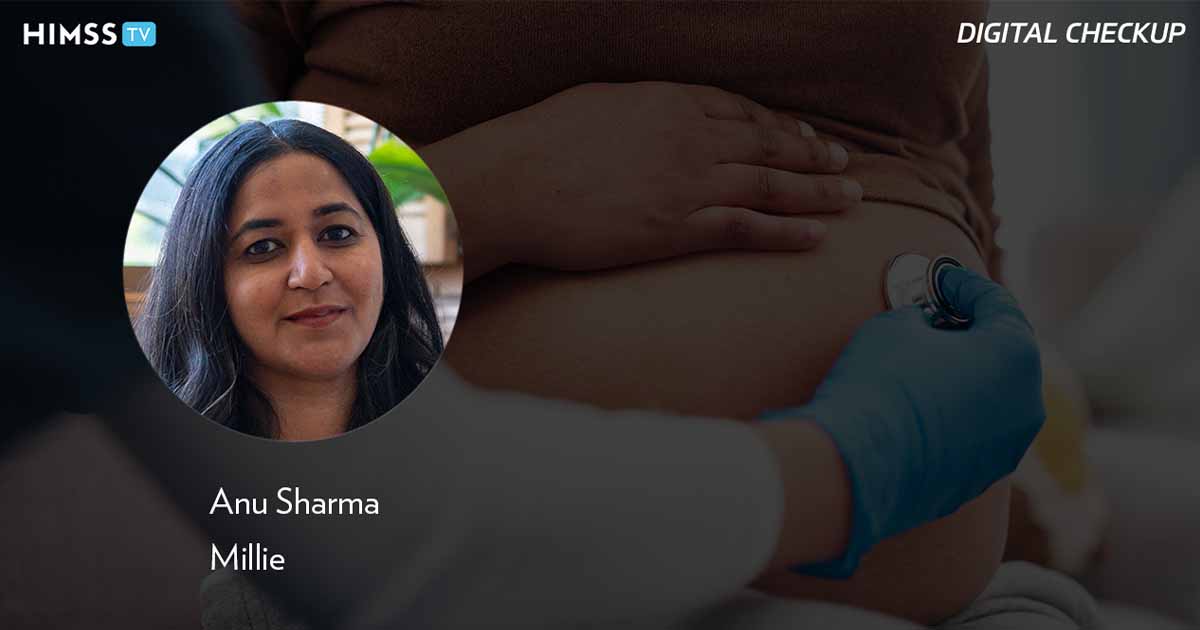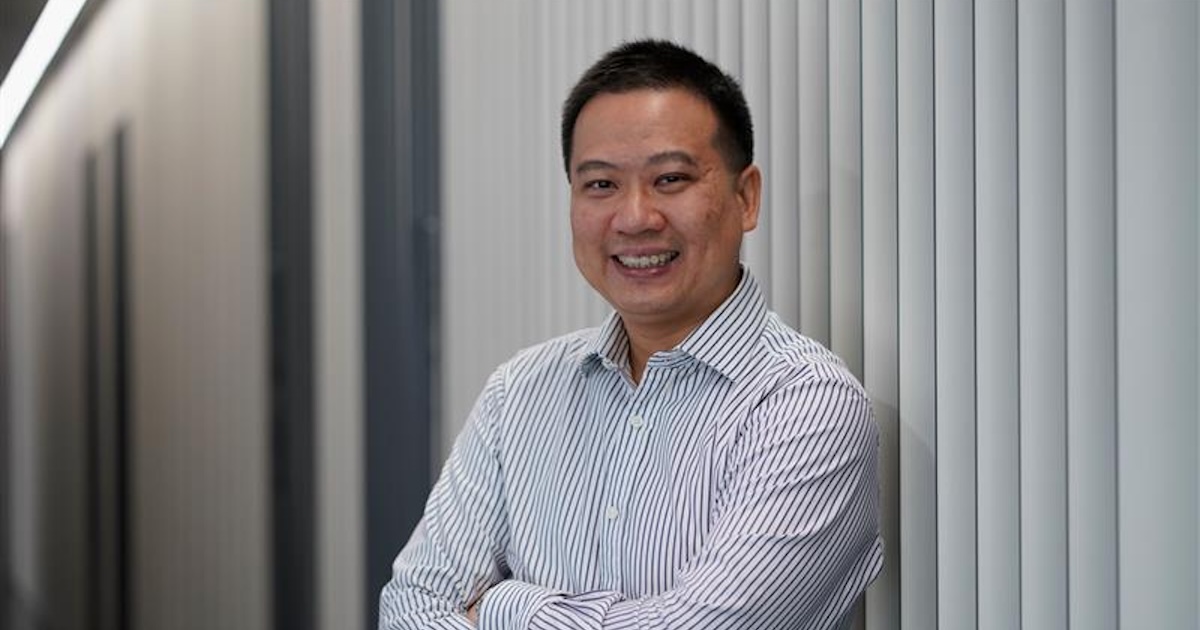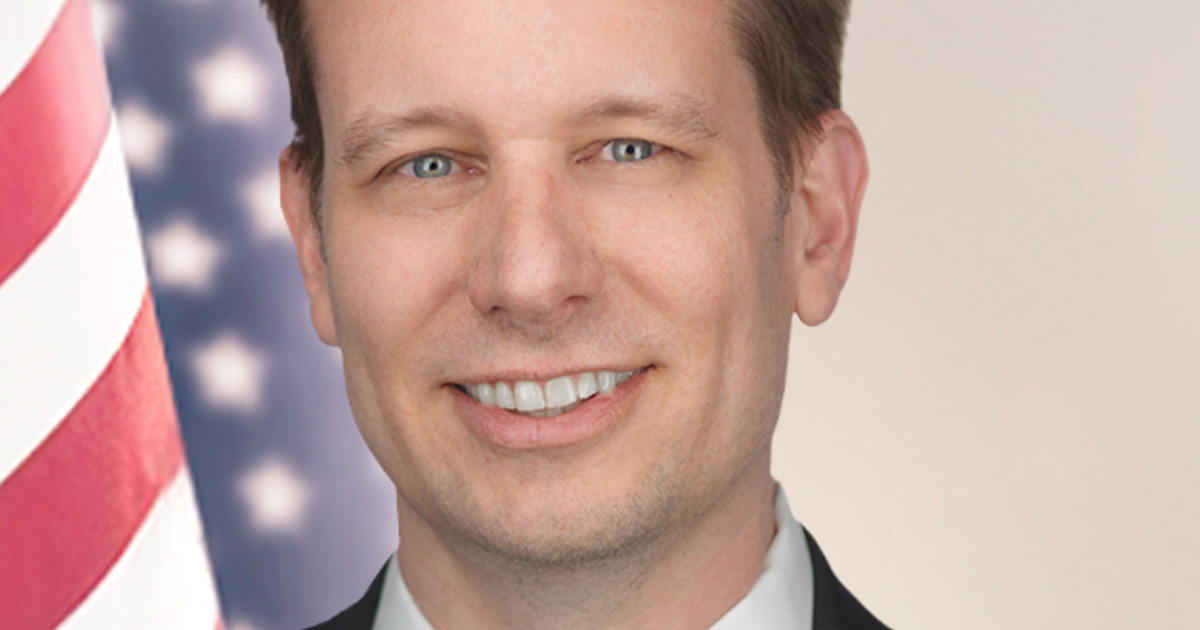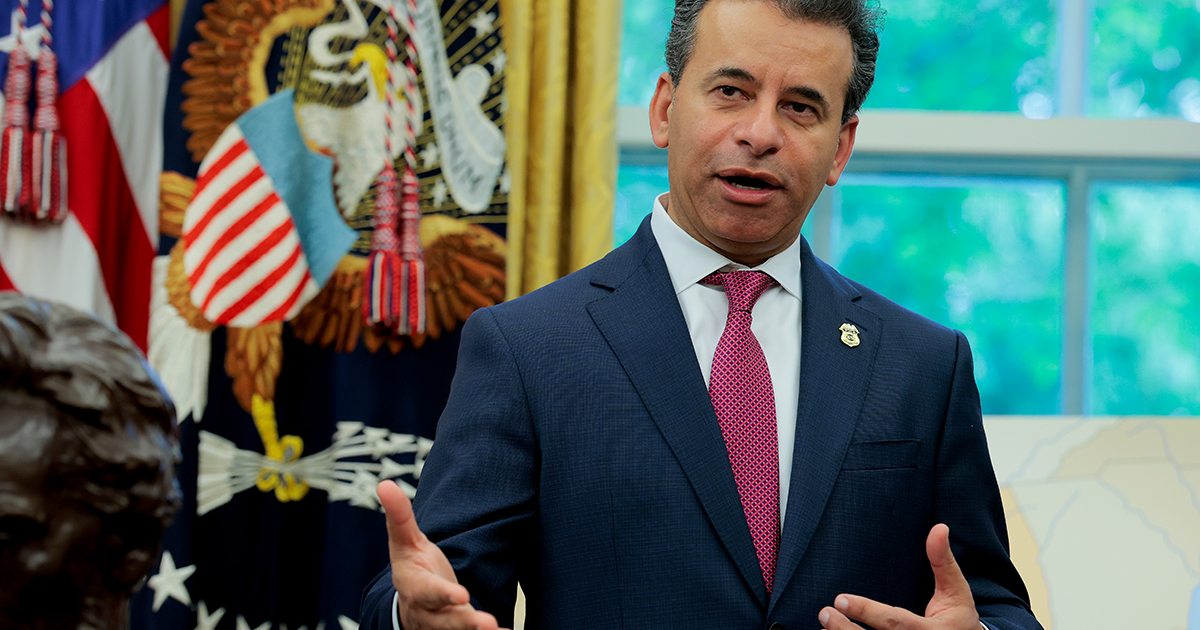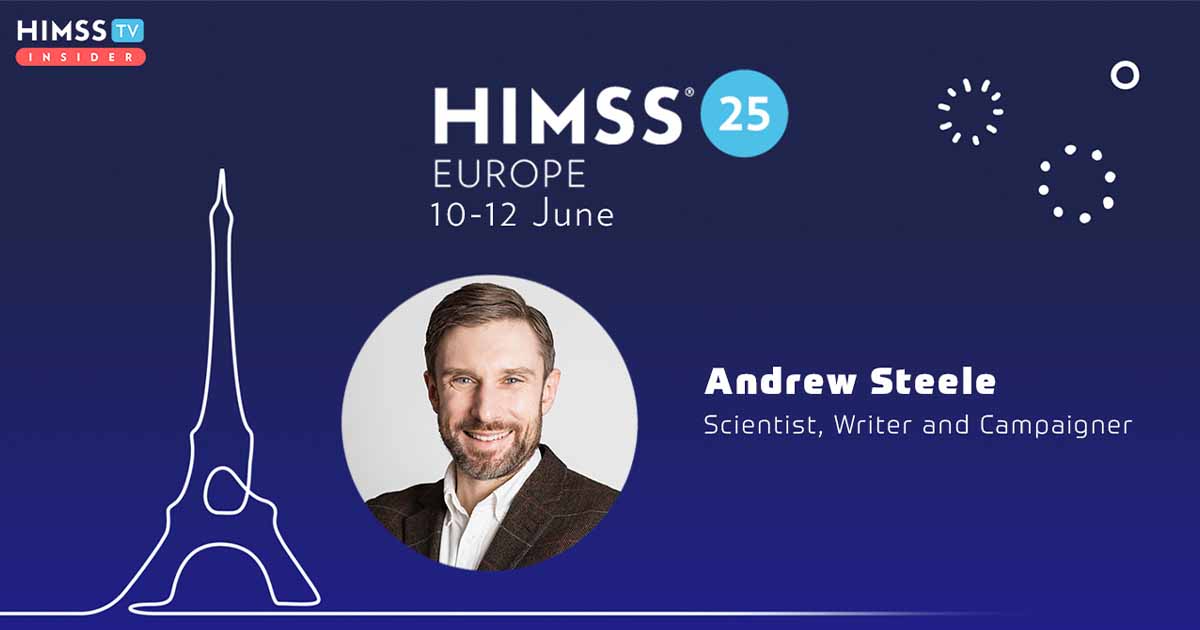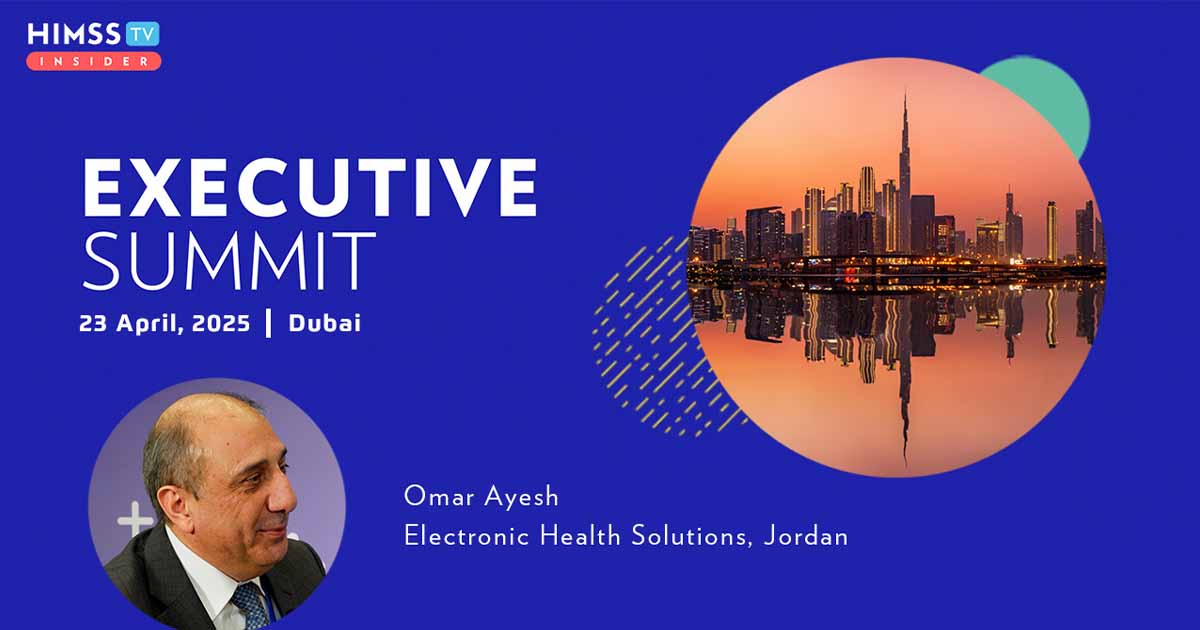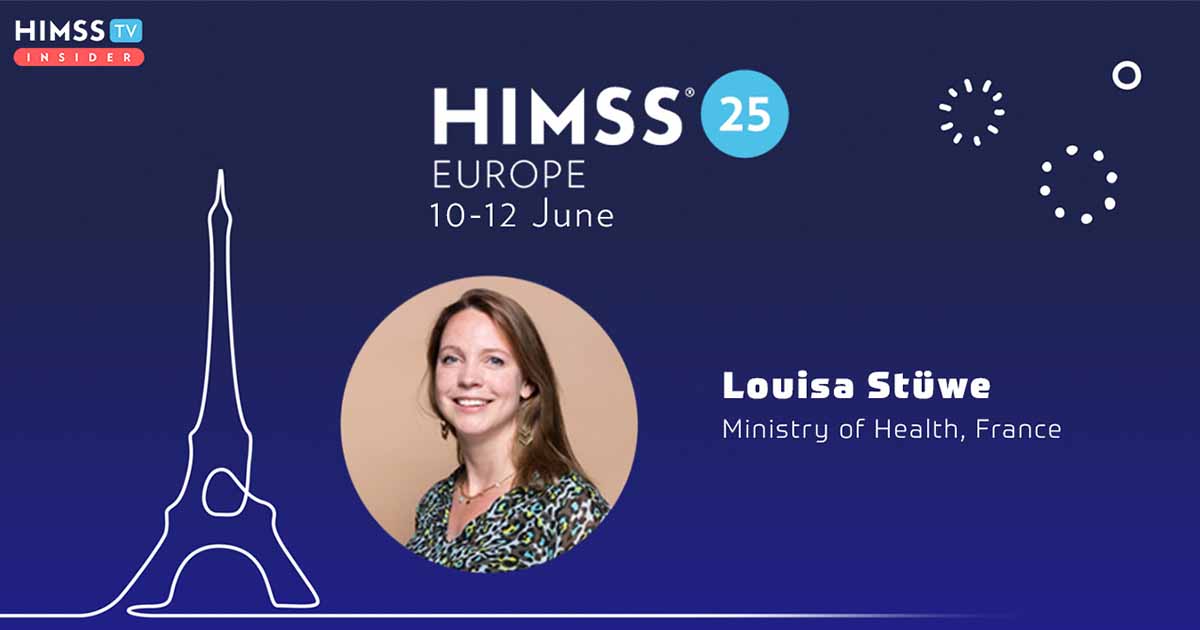Population Health
Rahul Mahadevan founded WiTT Group to create a platform where patients can ask for help with specific needs after he saw other patients delaying or refusing treatment because of non-clinical obstacles.
Anu Sharma, founder and CEO of the tech-enabled Millie, says that because 42% of all births in the U.S. are paid for by Medicaid, which has lower rates than other insurance, women's healthcare delivery operations are threatened.
How Lila Sciences' superintelligence platform can advance scientific research, AI technology’s promise in curing diseases and the risks the company is watching out for. Molly Gibson, president of future science, explains.
A trained surgeon and public health leader, this upcoming HIMSS25 APAC speaker has helped bridge public-private partnerships for digital transformation in healthcare.
The physician and software engineer will hold dual titles as Assistant Secretary for Technology Policy and National Coordinator for Health Information Technology.
The technology, which has been deployed ahead of schedule after an "aggressive timeline to scale AI agency-wide," is meant to boost productivity for clinical protocol reviews, scientific evaluations and more.
Aging is a tangled web of biological processes and AI can help us map this complexity and unlock treatments that target aging itself, not just its symptoms, says Andrew Steele, author of "Ageless: The New Science of Getting Older Without Getting Old".
Abhinav Shashank, Innovaccer cofounder and CEO, says his company can help providers and payers connect data into a single layer that can support population health initiatives, revenue cycle automation and other big projects.
While 70% of Jordan's population is covered by the national health system, Omar Ayesh, Electronic Health Solutions' CEO, says the country is building a national HIE to integrate and share data from private care providers.
Reimbursement rules vary across the EU, slowing widespread adoption of digital therapeutics, though early frameworks in Germany and France are good foundations for future harmonisation and scale, says Louisa Stüwe from the French Ministry of Health.

